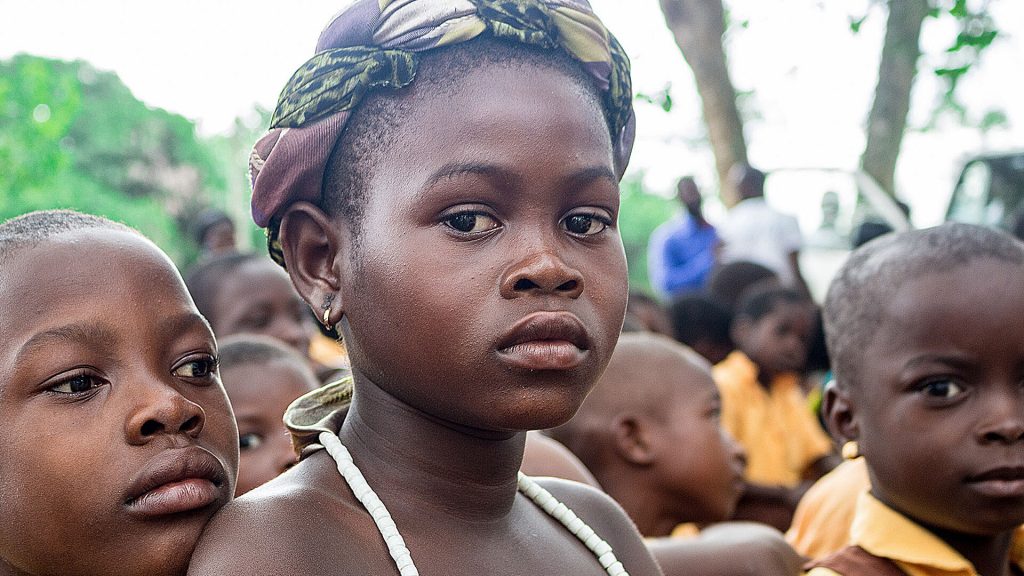Feed Kilifi is a project developed with the support of Caritas Ambrosiana.
The project started in April 2015. It’s aimed to promote sustainable development in the arid areas of Kilifi County and reduce the poverty level of local communities, affected by a situation of severe drought and food insecurity.
The first phase of the project ended in October 2017, and its main objectives were:
improve access to water both for domestic use and for agricultural use; increase food production; increase income from agricultural activities; promote greater awareness on the management of natural resources.
Also Feed Kilifi 2 targets Ganze Sub County in Kilifi County. The region in fact is still characterized by recurrent long periods of drought which have adversely affected the general population in terms of availability of water for domestic use. These rural communities do not have many sustainable water sources; surface water rapidly disappears due to overuse, high evaporation rates and the shallowness of most earth dams and earth pans.
The program will address the need to improve water supply, hygiene and nutrition practices in the vulnerable and underserved semi-arid areas of Ganze Sub County. This will contribute towards ensuring that households in rural areas have improved access to safe drinking and cooking water by increasing their storage capacity and a general improvement on the livelihood practices.
These are the main objectives of the project:
Improve domestic water supply
Increase vegetation cover by planting 500,000 Moringa oleifera trees
Improve livelihood by Promoting Galla goats
Improve nutrition by promoting kitchen gardening
Protecting the environment by training the community the use of economic Jikos
Feed Kilifi 2, it’s a one year program, started in January 2018. It targets 100 households in Ganze sub county in 2 wards: 80 households in Ganze ward and 20 households Jaribuni ward, which are the most affected areas. The most vulnerable households are selected by the follow criteria:
Households headed by People living with disability, senior citizens or orphans
Beneficiary must be an agro-pastoralist (own at least one-acre plot)
Families with children under five years who are at a higher risk of malnutrition
Poorest of the poor
Should not have been targeted by other stakeholders in the area.
Caritas will seek to improve the nutrition levels of the target households by establishing farm ponds that will be used to store surface runoff to be used to irrigate kitchen gardens and hence ensure adequate supply of vegetables to the target households. The program will advocate for seed banking to enable the community preserve part of their harvest and use it as seeds for subsequent planting seasons. Distribution of Galla goats will ensure an improvement in the nutrition levels as they are more resistant to drought, grow faster and can provide more milk to the target households. The broader objective of the Galla goats is to have a breeding mechanism for growth in the number and population of the Galla goats in Ganze and its environs.
Due to the depressed rain patterns reduced access to water in Kilifi, target communities have been at risk of contracting water borne diseases. Caritas through the feed Kilifi program will promote safe water accessibility by providing the target households with water storage and treatment facilities. The targeted households will also be supplied with water filters and trained on some of the basic water treatment techniques.
With the persistent drought situation in Ganze Sub County, planting of moringa tress which are drought resistant and with good vegetation cover will promote environmental conservation. Muringa tree is rich in leaves which form good organic manure for use in the kitchen gardens. The seeds of Moringa tree are also useful in reducing turbidity in water and its leaves are consumed locally as vegetables and thus will lead to improved nutrition levels among the target population.

